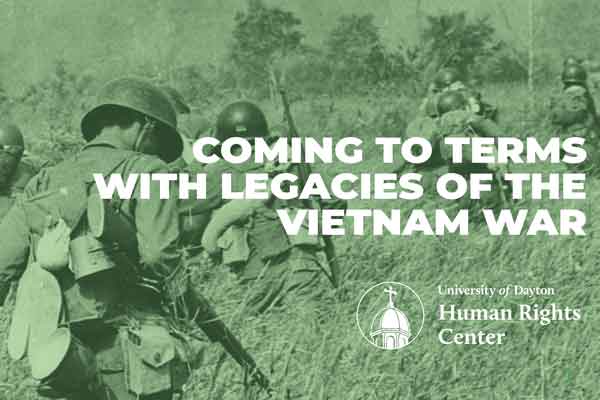



It is also one of the fundamental constitutional lessons on the relationship of the sovereign people with the leader they entrust with the power to wage war on their behalf, the Commander in Chief.įor the Vietnam War, this was how that lesson turned out: the deference that patriotism extends to those running the war ultimately was widely replaced by cynicism and resistance, energized by the news media as it carried out its role as abiding skeptic of government propaganda. That is one of the main public policy lessons of the Vietnam War. But when secrecy is replaced by intentional deception by a nation’s leaders, war will not be tolerated. The PBS documentary concludes Thursday night. This article is keyed to tonight’s episode, retelling the story of how Americans finally learned about how their government had misled them for years about the war’s progress. This is the fourth and final article in a Constitution Daily series on the constitutional legacy of the war in Vietnam, with each article focused on a theme explored last week or this week in the PBS documentary, “The Vietnam War, ” by Ken Burns and Lynn Novick.


 0 kommentar(er)
0 kommentar(er)
